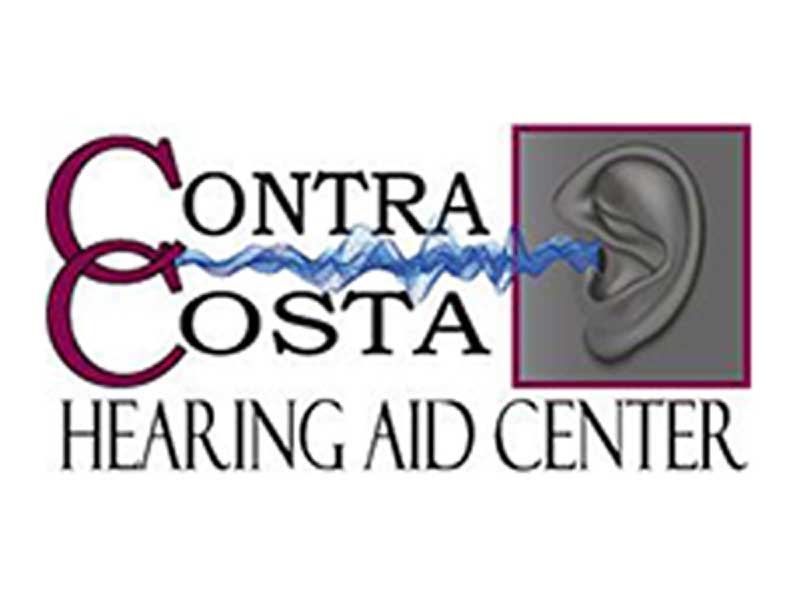Hearing problems are grouped in a variety of different ways. The specific part of the auditory system affected is what determines the categorization. In this article we provide an overview of five different types – conductive, sensorineural, central, mixed and functional. Some types of hearing impairment are more treatable than others, and a hearing healthcare specialist will be able to guide you through your options after an initial assessment.
- Conductive hearing loss – In situations where sound waves are not adequately conducted to the inner ear through the structures of the outer and middle ear, conductive hearing loss occurs. Conductive hearing loss is very common and could be caused by an accumulation of ear wax, an accumulation of fluid in the eustacian tube, which keeps the eardrum from moving, a middle ear infection, a perforated eardrum, disease of the tiny bones of the middle ear or blockages in the ear canal.Most instances of conductive hearing loss are reversible, presuming there isn’t any irreversible damage to the structures of the middle ear, and with treatment the trouble usually clears up fairly quickly. In some instances surgery can assist in correcting the condition or a hearing aid may be recommended.
- Sensorineural hearing loss – Sensorineural hearing loss is responsible for more than 90% of the cases in which a hearing aid is used. Sensorineural hearing loss is due to damage in the inner ear or damage to the acoustic nerve, which prevents sound signals from reaching the brain. Also known as nerve deafness or retrocochlear hearing loss, the impairment is for the most part irreversible, although advances in modern technology have made it possible for some previously untreatable cases to be improved. The most frequent causes of sensorineural hearing loss are the aging process, prolonged exposure to noise, problems with blood circulation to the inner ear, fluid disturbance in the inner ear, drugs that cause injury to the ear, a handful of diseases, heredity and issues with the auditory nerve. Hearing aids are adequate for most people who have this sort of hearing loss, but in more serious cases, a cochlear implant may help restore hearing to those for whom a standard hearing aid is not enough.
- Central hearing loss – Central hearing loss arises in situations where an issue in the CNS (central nervous system) keeps sound signals from being processed by the brain. Affected individuals can seemingly hear just fine, but can’t decode or decipher what is being said. Many cases involve a problem with the person’s capacity to effectively filter competing sounds. For example, the majority of us can have a conversation with street traffic in the background, but individuals with this problem have a difficult time doing so.
- Functional hearing loss – An infrequent situation, this type of hearing loss does not have a psysiological explanation. Functional hearing loss is due to psychological or emotional condition in which the person’s physical hearing is normal, however they are not able to hear.
- Mixed hearing loss – As the term suggests, mixed hearing loss is a mixture of multiple types of hearing loss – sensorineural and conductive hearing loss. Though there are a couple of other kinds of hearing loss, the combination of these 2 is most frequent.
The site information is for educational and informational purposes only and does not constitute medical advice. Schedule an appointment to see if hearing aids could benefit you.
